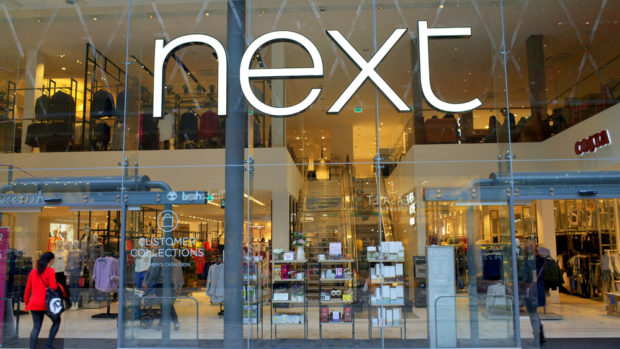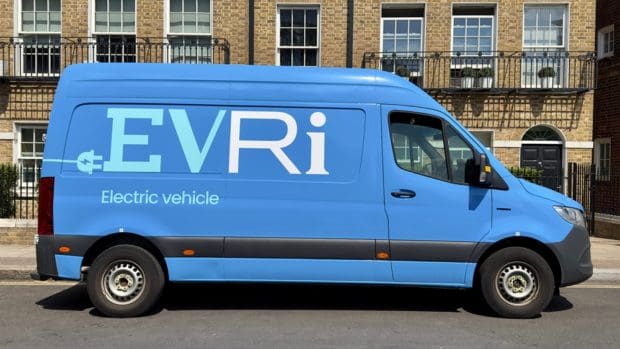Whistl has found that the 2 per cent Digital Services Tax (DST) will not turn the tide from online shopping back to the High Street.
The DST came into effect in September 2020 to tax multinational digital enterprises and make them pay more tax and create more equality with traditional retailers. However, it proved controversial when Amazon announced it would pass on the tax to its selling partners, who would have to either absorb the tax or pass on to their customers.
Whistl’s UK wide research found that the DST, if passed on to customers, would have little impact on them returning to the High Street as it would only encourage a third of online shoppers to spend a little more on the High Street, but only a quarter of these would reduce their online spend.
Interestingly, 38 per cent of younger shoppers and those with children (36 per cent) would be most motivated by the DST to go out to the High Street more. The DST has had the least effect on older shoppers (78 per cent) and those without children (73 per cent) not returning to the High Street as a result.
Encouragingly for The Treasury, only 27 per cent do not think there should be any Digital Services Tax at all, which drops to 15 per cent among younger shoppers and up to 35 per cent among those aged over 65. Awareness of the tax is highest among younger shoppers (44 per cent) against an average of 33 per cent across all age groups. It is also higher with those with children (39 per cent) and those who have moved their shopping permanently online (37 per cent).
Strikingly, only 11 per cent believe that the consumer should bear all the cost of the new tax with around 40 per cent thinking that the tax should either be borne by the seller or shared between the seller and the consumer.
When asked about who should be responsible for educating the public on the new tax very few (6 per cent) think it should be the responsibility of the seller to communicate the new tax, although this rises to 43 per cent of the 18-24 age group. Most (59 per cent) think the onus for communicating about the tax should be on both the seller and the Government.
Melanie Darvall, director of marketing and communications, Whistl, said: “Calls to tax online retailers have been seen as a way to help restore the health of the High Street and that is one of the reasons the 2 per cent tax was introduced. Unfortunately, it appears that this tax will not help the High Street and any costs are passed on to the seller or end customer.
“These research findings demonstrate that issues arise outside the control of the online retailer and that they need access to experts who can help them navigate these issues. At Whistl that is why we have developed the full service from click to delivery providing expertise on every stage of the online sales, fulfilment and delivery process.”








Share